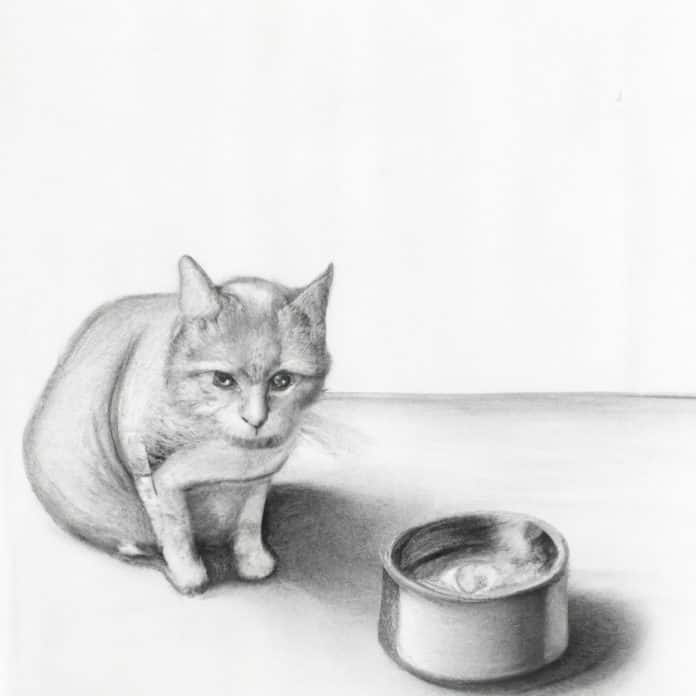Dear VetBabble,
I have a 1-year-old female cat who has always been in good health. However, last night, she began vomiting. She first threw up food and now it seems to be just clear liquid or dry heaving. Are there any other symptoms I should be looking for? Is she passing feces alright? Does she seem lethargic? I’m wondering if it could be just a hairball, or should I be worried and have her checked out by our vet? What problems can cause vomiting, and how serious can they be?
Understanding the Causes of Vomiting in Cats
First and foremost, it’s important to remember that cats can sometimes experience occasional vomiting for various reasons. One common cause could be the presence of a hairball, which you can learn more about in our article “Hairballs and Cats: What Should I Know?“. However, to ensure your cat’s overall well-being, it is essential to monitor her condition and look for any other symptoms that may indicate a more severe issue.
In cases where vomiting persists, there could be underlying health problems. For instance, constant vomiting can be a sign of gastrointestinal issues or other more serious conditions. To better understand the reasons behind your cat’s vomiting, check out our article “Why is My Cat Vomiting?“.
Monitoring Your Cat’s Symptoms and Behavior
When dealing with a vomiting cat, it’s crucial to keep an eye out for any secondary symptoms, changes in behavior, or a decline in overall wellness. Some critical signs to look for include:
- Lethargy or weakness
- Loss of appetite
- Changes in bowel movements, such as constipation or diarrhea
- Weight loss or dehydration
- Changes in their meow or vocalizations
- Difficulty breathing or increased respiratory rate
- Pale gums or other signs of anemia
If any of these additional symptoms accompany your cat’s vomiting, it’s essential to contact your veterinarian as soon as possible to discuss further evaluation and treatment options, if needed.
When to Seek Veterinary Help
While mild or infrequent vomiting may not always warrant a trip to the vet, there are circumstances where professional assistance is recommended:
- Your cat is frequently vomiting or dry heaving, and it does not seem related to hairballs.
- They are displaying any of the alarming secondary symptoms mentioned above.
- They have consumed a potentially toxic substance, such as plants, foods, or medications that are harmful to cats.
For a better understanding of vomiting in pets and when to seek veterinary assistance, you may find our article on “Vomiting in Dogs: Causes, Treatment & When to Worry” helpful. Although this article is about dogs, many principles and guidelines apply to cats as well.
In conclusion, while occasional vomiting in cats can be relatively common due to hairballs or minor stomach upset, persistent or severe vomiting accompanied by other symptoms can indicate more serious health concerns. Monitoring your cat’s overall health and behavior is crucial to ensure her well-being. If you have any doubts or notice concerning symptoms, do not hesitate to contact your veterinarian for further evaluation and guidance.









